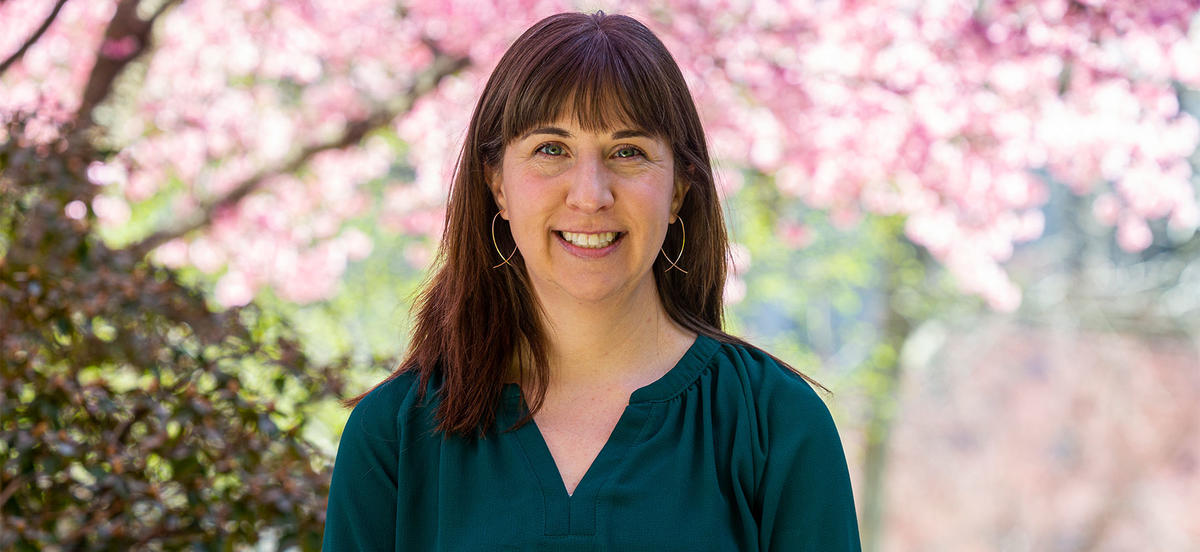Laura Been Honored with Faculty for Undergraduate Neuroscience Mentor Award

Assistant Professor of Psychology Laura Been studies hormonal fluctuations during pregnancy and the postpartum period and how they can lead to changes in behavior and mood. Photo by Patrick Monteor.
Details
The assistant professor of psychology was celebrated at the organization’s recent meeting for her outstanding contributions guiding students in the field.
Some awards are so special they aren’t given every year. Though the organization Faculty for Undergraduate Neuroscience (FUN) hands out some awards annually, its Mentor Award, celebrating a faculty member’s outstanding contributions in mentoring young neuroscientists, has only been given 12 times since 2000. Last month, that relatively rare honor was bestowed upon Haverford Assistant Professor of Psychology Laura Been.
“I was surprised and thrilled,” said Been of the unexpected honor that was announced at FUN’s recent meeting. “I was nominated by my colleague, Dr. Kelli Duncan, who is a professor of biology at Vassar College. Like me, she runs a neuroscience research lab at a small liberal arts college, so she understands the challenges and rewards that come with having an undergraduate-driven research program. I look up to her and consider her one of my mentors, so it was special to be nominated by her.”
Been’s lab conducts research on hormonal fluctuations during pregnancy and the postpartum period and how they can lead to changes in behavior and mood, using rodent models. Every year, she supervises seniors–this year, eight of them–as they conduct their thesis research, and, since 2017, she has co-authored five peer-reviewed journal articles with her students.
“I've come to realize that being a compassionate mentor increases the rigor of my research program,” said Been. “I am intentional about cultivating a lab atmosphere where students feel safe, cared for, and like they can be their authentic selves. When that happens, students are confident in trying new things, making important mistakes, and pushing themselves. The result is more exciting, better research.”
She is also deeply involved in guiding and coaching her students outside the lab too–particularly as they consider their next steps after Haverford.
“We talk a lot about things–how to choose a graduate program, what kinds of post-bac opportunities will best position them for future jobs, how to cold-email a potential employer,” said Been. “One of the most exciting things about having mentored so many students in my lab over the years is that I now have a sizable ‘Been Lab Alumni Base’ to draw upon. It's really gratifying to connect my current students with my former students who are having amazing success in their post-Haverford lives.”
Mentoring students is where Been feels she has the most impact as an educator, so this award, which recognizes that important work, is particularly meaningful to her.
“I think it feels extra exciting because when I was an undergraduate, I had no idea what I was doing,” she said. “I stumbled into neuroscience mostly by accident. I am the first person in my family to get a Ph.D., so going to graduate school, let alone becoming a professor, didn't occur to me as an option until pretty late in college. I was incredibly lucky to have some amazing mentors who helped me figure out what I wanted to do and how to get there. Paying that forward is really important to me.”



